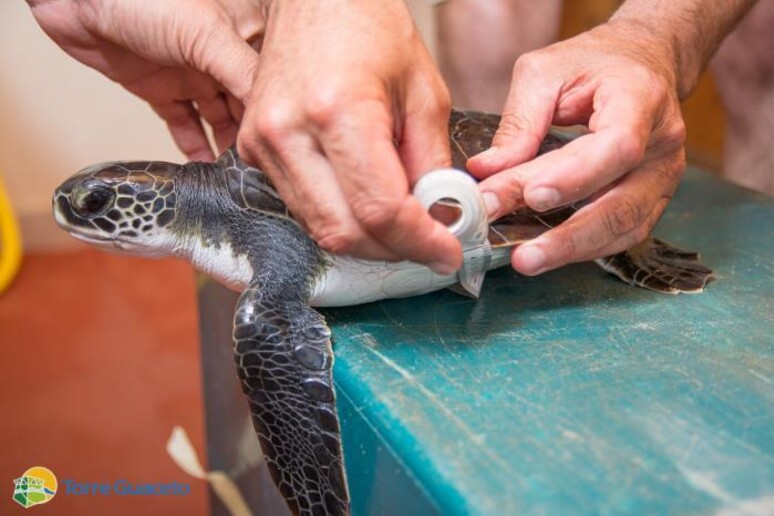Global warming could cause the
nesting area of green turtles to expand by up to 60% by 2100,
even reaching the coast of Italy, according to an Italian study
led by Chiara Mancino of Rome's Sapienza University and
published in the journal Scientific Reports.
The researchers said that this shift towards more anthropised
areas in the central and western Mediterranean could have a
negative impact on nesting success.
"The distribution and nesting of sea turtles, in this case the
green turtle Chelonia mydas, is strongly linked to the sea
surface temperature and a set of other parameters, and the
climate crisis is leading to rapid transformations of these
variables, a more rapid change than in the past," Mancino told
ANSA.
The research team, which also included Sandra Hochscheid of the
Anton Dohrn Zoological Station in Naples and Luigi Maiorano of
Sapienza University, used predictive models of change in the
Mediterranean to simulate the impact, up to the year 2100, on
the future nesting areas of these turtles, which are currently
limited mainly to Turkey and Cyprus in the eastern
Mediterranean.
Under worst-case scenarios of rising temperatures, the green
turtle nesting area could theoretically expand by up to 62.4% to
include the North African coast as far as Algeria, much of Italy
and Greece, and the southern Adriatic Sea.
ALL RIGHTS RESERVED © Copyright ANSA











